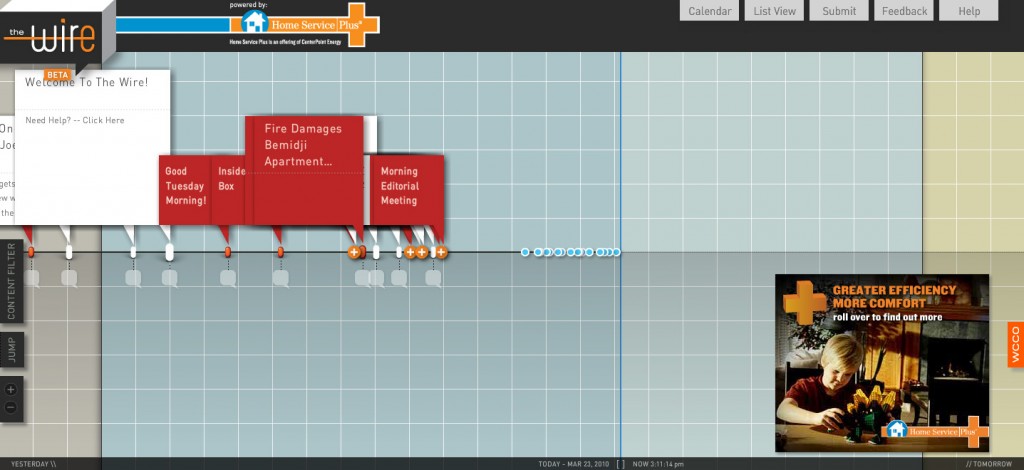There’s been a wonderful ‘gotcha’ story today.
Following on from the ‘froth and fertle’ of the ‘Chris-Grayling-compares-Britain-to-Baltimore’s-The Wire-TV-Series’ story (even Garbo came in on that one at the Wardman Wire), parts of the British Press and parts of the blogosphere picked up a story that the mayor of Baltimore had rebuked Grayling on her own website.
These news sources included:
1. The Guardian
2. The Independent
3. The Baltimore Sun
4. Liberal Conspiracy
5. Labour List
The Sky News blog took a different position, and suggested that the whole thing was a bit fishy.
The story was a fake, as Alex Hilton – the editor of Labour Home and ‘currently resting’ Recess Monkey – had created a spoof mayor of Baltimore website with a fake press release, which suggested that if we compare Baltimore to TV series The Wire, we may as well compare Britain to The Midsomer Murders.
The real Mayor of Baltimore website is part of that of Baltimore City.
The fake website contained a number of clues, such as an assertion of copyright belonging to ‘R Monkee Esq’, and a slight giveaway in the source code:
OK, so I’m just having a bit of fun at Chris Grayling’s expense.
Sitting in the office on a hot August afternoon, I was fantasising
that I was mayor of Baltimore and how annoyed I would be.
I hope you very quickly picked up that this was a spoof.
Didn’t mean to break any laws or ethical mores – please don’t
extradite me if I have unwittingly done so. Hope you appreciate the
humour, Alex Hilton, alexhilton@gmail.com – 07985 384 859
But some British newspapers and blogs missed the clues.
What can we learn?
I’ve recently been arguing that the different skills of bloggers and journalists are complementary rather than being competitive; it seems to me that this ‘incident’ points up some skills which are common to both.
The pressure to get the story out now is the real enemy of good reporting. Surely it is better to wait and be beaten, than to just get it wrong. A model which depends on being five or 10 minutes quicker than a competitor with the news may end up undermining credibility. In this case, there were ample signs that this was a hoax, but they were somehow missed. I’m glad I’m a supporter of the slow blogging movement.
One antidote to mistakes caused by time pressure is a stronger ‘fact-checking’ framework, as used in the USA. For bloggers the equivalent might be a ‘sanity check’ by a completely different set of eyes.
One way to avoid that is to follow the classic ‘niche’ route, and simply avoid competing in the commodity area of ‘the latest news’; report something in-depth where you can be a specialist and a unique authority. That is a strategy which is perhaps more open to bloggers than journalists in the big media.
Once the incorrect report is published, the important element becomes the nature of the the updates and corrections are a peculiar mix of self-justification, continued reflex-bashing of Mr Grayling, and straight corrections. Labour List has done the cleanest three-point-turn in this case:
UPDATE: The Guardian, The Independent, The Baltimore Sun and LabourList all got hooked, lined and sinkered by this, which was a hoax inexplicably deisgned to deceive, arranged by LabourHome’s Alex Hilton. Lesson learned: check twice.
Question asked: why, Alex? Hopefully he’ll let us know in due course. In the meantime, apologies.
The final point that I have noted is the ‘comment box ranting’ tendency to follow the line of the article, even when there are those in the same thread pointing out that the article is nonsense.
The one point that I am still interested to discover is how Alex Hilton seeded the story into the media.
Matt Wardman edits the non-partisan Wardman Wire group blog which covers politics, media and technology. He is @mattwardman on Twitter, and mattwardman [at] gmail [dot] com on email.
